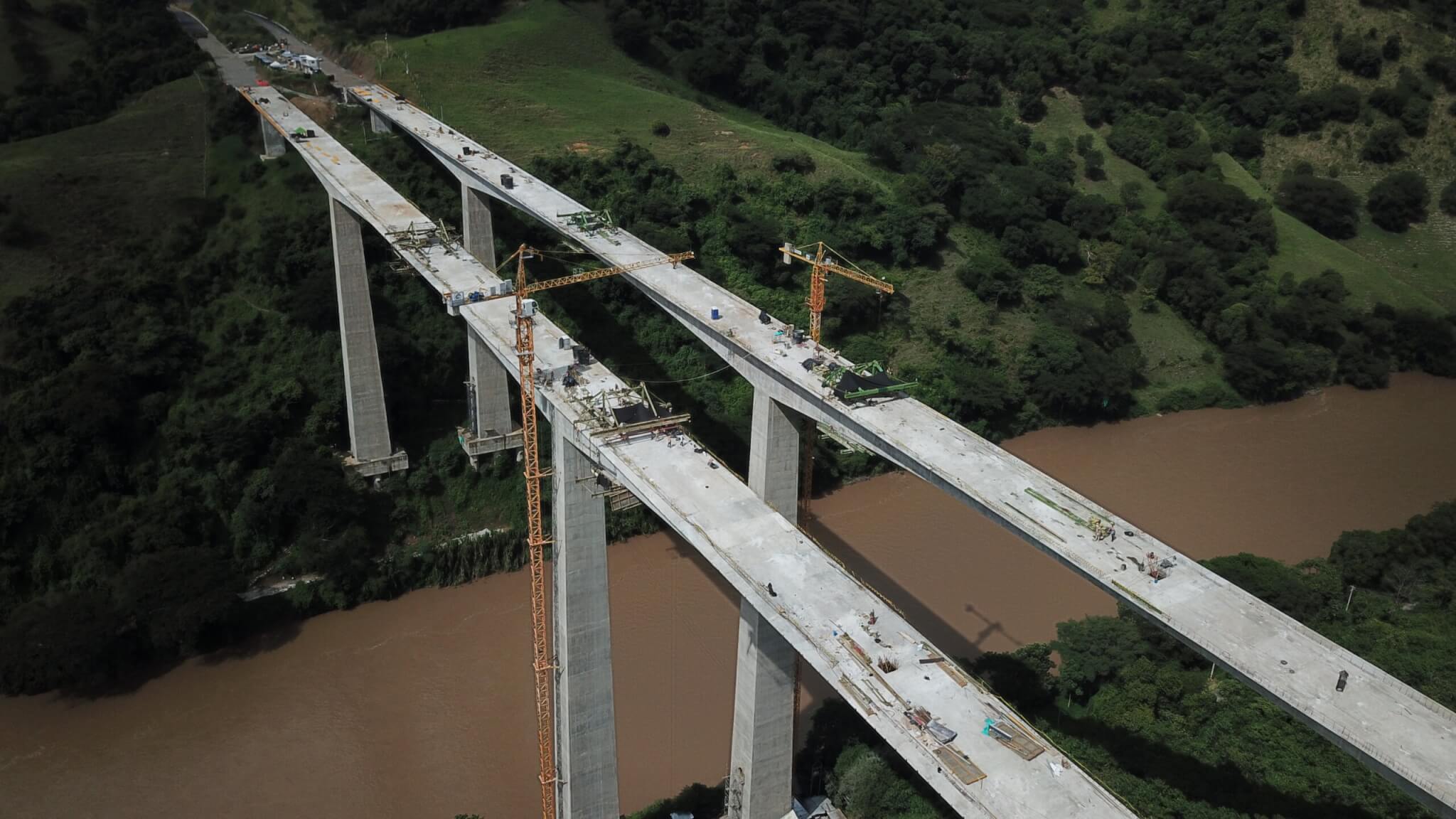As climate change continues to accelerate and intersect with other crises, it is more important than ever that ClimateWorks operates as a learning organization — one that listens with curiosity, reflects honestly, and adapts thoughtfully.
Feedback from our grantees is a crucial part of the learning process. We were therefore encouraged and grateful that many of our grantees gave us feedback anonymously through a survey conducted by the Center for Effective Philanthropy (CEP). The survey was conducted in mid-2024, and our staff and board have engaged with and processed the results throughout this year. As it has done for over 300 foundations, CEP produced a Grantee Perception ReportTM (GPR) for us, which compared our 2024 results with those from our previous years (2021 and 2017) and with the results from other foundations, as well as with a smaller cohort of foundations working on climate and environmental issues.
Overall, ClimateWorks’ ratings on the survey were similar to or better than those in our 2021 GPR and generally stronger than those from the 2017 GPR, indicating a strong, consistent value-add to the climate philanthropy ecosystem in a number of areas, while also highlighting some ongoing issues that could be improved and require our attention. Across ClimateWorks, we are actively using grantee feedback to improve our work. Here, we summarize the key findings on what grantees told us we are doing well, as well as the areas where they suggested we can improve. We thank our grantees for their thoughtful and candid feedback.
What we’re doing well
Similar to 2021, grantees continue to strongly affirm ClimateWorks’ leadership in scaling climate solutions, providing research and analysis, and developing global programs. Grantees appreciate the role ClimateWorks plays as a thought leader and hub for partnership and collaboration. Grantees also credit ClimateWorks for driving impact that wouldn’t have happened otherwise and for leading global efforts to mobilize philanthropy to reduce climate threats and create climate solutions.
Our shift toward larger and longer grants has produced a measurable positive effect. The median grant size increased from $200,000 in 2021 to $250,000, and 46% of grantees received multi-year support (up from 33% in 2021). Grantees receiving multi-year or less restricted funding rated ClimateWorks higher on key dimensions (including trust, partnership quality, and organizational impact), suggesting that these changes are helping grantees work more effectively and with greater stability.
What we are focused on improving
Nearly a quarter of grantees requested more clarity on ClimateWorks’ strategic priorities and how their work aligns with our broader efforts, making this the most frequent theme in written feedback. This signals a clear need for more communication around our organization-wide strategy and increased two-way communications. To address this, we are creating additional touchpoints with grantees and materials to communicate ClimateWorks’ strategic direction. Our strategic roadmap provides an excellent opportunity to strengthen and clarify our strategic priorities with grantees and other partners. In addition, our programs continue to invest in convenings of grantees and funders, focusing on program strategy, shared learning, and funding priorities. The feedback we’ve received in response to these efforts indicates that grantees value them.
Grantees now spend an average of 50 hours per grant cycle on ClimateWorks’ processes, including the application process and reporting, which is similar to 2021 results and slightly higher than the industry average of 48 hours. To reduce the average time grantees spend on grant processes, we are streamlining our application and reporting processes and migrating to a new and improved grants management system in early 2026. This system will allow ClimateWorks grantmaking teams to tailor application and reporting requirements to better meet the needs of both grantees and the teams, experiment with alternative reporting methods and formats, and share learnings across teams on how to reduce administrative effort while maintaining essential information flows.
Over a third of grantees indicated they would have liked more non-monetary support from ClimateWorks, such as support with organizational capacity building or communications, but didn’t know what was available or whom to approach. In response, we are developing a more structured and resourced approach to non-monetary offerings. A final theme was the impact of staff transitions on grantee relationships, including when staff leave ClimateWorks permanently, periods of extended personal or medical leave, or sabbaticals. Grantees reported confusion and disruption when their primary point of contact changed. To address this, we are developing a formal handoff protocol that combines internal system updates with relational steps, such as notifying grantees and documenting key touchpoints, to ensure smoother and more thoughtful transitions.
Looking ahead
This feedback from our grantees remains an essential source of insight as we continue to refine our approach to working, communicating, and partnering across the climate philanthropy landscape. Together with ongoing input from funders and other stakeholders, these findings will help shape how we operationalize our values and strategic priorities in the years ahead. We remain committed to commissioning grantee perception surveys on a regular basis as part of our broader efforts to learn and be accountable.


